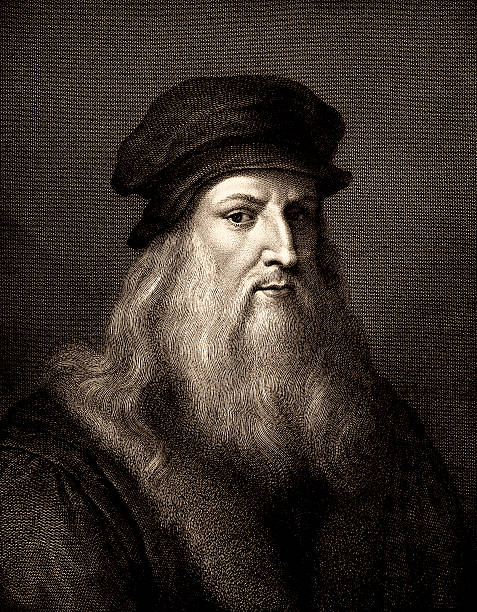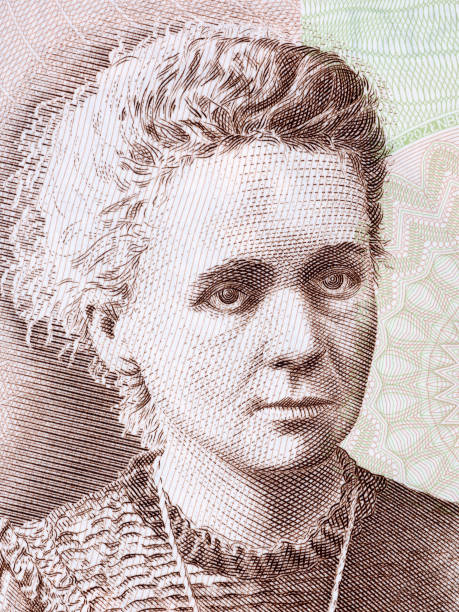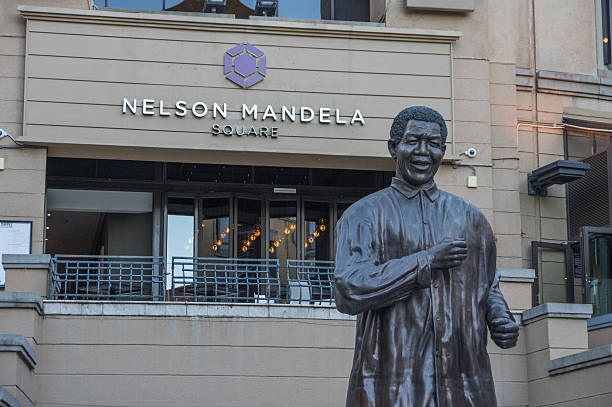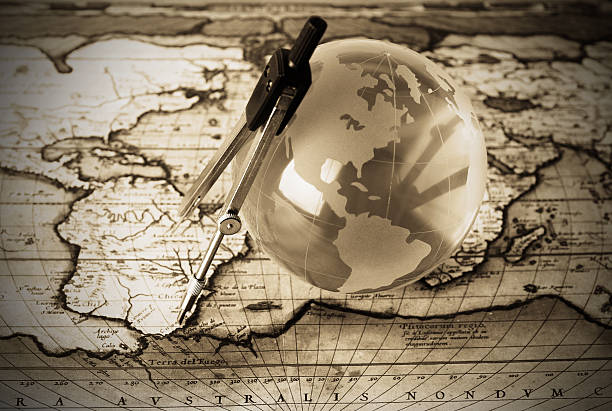Throughout history, certain individuals have made indelible marks on the world, influencing societies, cultures, and even the course of history itself. These famous figures come from various walks of life—leaders, thinkers, artists, scientists—and their contributions have transcended time. This article explores the lives and legacies of a few such figures, each of whom left a unique imprint on human civilization.

Leonardo da Vinci: The Renaissance Man
Leonardo da Vinci, often referred to as the quintessential “Renaissance Man,” was an Italian polymath whose interests and talents spanned multiple disciplines, including painting, sculpture, anatomy, engineering, and architecture. Born in 1452 in Vinci, Italy, Leonardo is perhaps best known for his iconic paintings, “The Last Supper” and “Mona Lisa.” However, his genius extended far beyond the canvas.
Leonardo’s notebooks reveal a mind constantly at work, filled with sketches, scientific diagrams, and ideas that were centuries ahead of their time. He conceptualized flying machines, armored vehicles, and anatomical studies that were more accurate than anything else of his era. His relentless curiosity and innovative thinking symbolize the spirit of the Renaissance—a period of renewed interest in art, science, and the human condition.
Leonardo’s influence is immeasurable, as he laid the groundwork for numerous fields of study. His legacy is a testament to the power of interdisciplinary thinking and the boundless potential of human creativity.
Mahatma Gandhi: The Apostle of Nonviolence
Mahatma Gandhi, born in 1869 in Porbandar, India, became one of the most influential leaders of the 20th century. Known for his philosophy of nonviolent resistance, Gandhi led India’s struggle for independence from British rule. His approach, rooted in the principles of ahimsa (nonviolence) and satyagraha (truth and firmness), inspired movements for civil rights and freedom across the world.
Gandhi’s leadership during the Indian independence movement was marked by his ability to mobilize millions through peaceful means. He organized boycotts, marches, and hunger strikes, demonstrating that real power lies not in violence, but in the moral strength of the people. His famous Salt March of 1930, where he and his followers walked 240 miles to the Arabian Sea to make salt in defiance of British laws, is a landmark event in the history of nonviolent protest.
The legacy of Gandhi’s nonviolent resistance influenced global figures like Martin Luther King Jr. and Nelson Mandela, who adopted similar strategies in their struggles for justice. Gandhi’s life and teachings remain a powerful reminder of the potential for peaceful change in a world often marred by conflict.

Marie Curie: The Pioneer of Radioactivity
Marie Curie, born in Warsaw, Poland, in 1867, was a pioneering scientist whose groundbreaking work in radioactivity won her two Nobel Prizes—one in Physics and another in Chemistry. As the first woman to receive a Nobel Prize, Curie broke barriers in the male-dominated world of science, paving the way for future generations of women scientists.
Curie’s discovery of the elements polonium and radium revolutionized the scientific understanding of radioactivity, a term she herself coined. Her work laid the foundation for significant advances in both medicine and physics. Despite the dangerous nature of her research, which ultimately led to her death due to prolonged exposure to radiation, Curie remained dedicated to her work, driven by an insatiable curiosity and a desire to improve the human condition.
Marie Curie’s contributions to science are monumental, but her legacy extends beyond her discoveries. She became a symbol of perseverance and dedication, showing that passion and hard work can overcome societal barriers.

Nelson Mandela: The Champion of Freedom
Nelson Mandela, born in 1918 in the village of Mvezo, South Africa, is celebrated as a global symbol of resistance to oppression and a champion of human rights. As a key figure in the struggle against apartheid, Mandela spent 27 years in prison for his efforts to end the institutionalized racial segregation in South Africa.
Upon his release in 1990, Mandela’s leadership and commitment to reconciliation helped guide South Africa through a peaceful transition from apartheid to a multiracial democracy. In 1994, he became the country’s first Black president, symbolizing the triumph of justice and equality over centuries of racial oppression.
Mandela’s legacy is one of forgiveness, humility, and unwavering commitment to justice. His efforts in promoting peace and reconciliation in South Africa earned him the Nobel Peace Prize in 1993. Today, Mandela’s life serves as a beacon of hope for oppressed people around the world, reminding us that the fight for freedom and equality is a universal struggle.
Conclusion
The lives of these famous figures—Leonardo da Vinci, Mahatma Gandhi, Marie Curie, and Nelson Mandela—highlight the diverse ways in which individuals can impact the world. Whether through art, science, or social justice, their contributions have shaped the course of history and continue to inspire future generations. These figures remind us that greatness is not confined to any one field or pursuit but is defined by a commitment to making a positive difference in the world.

